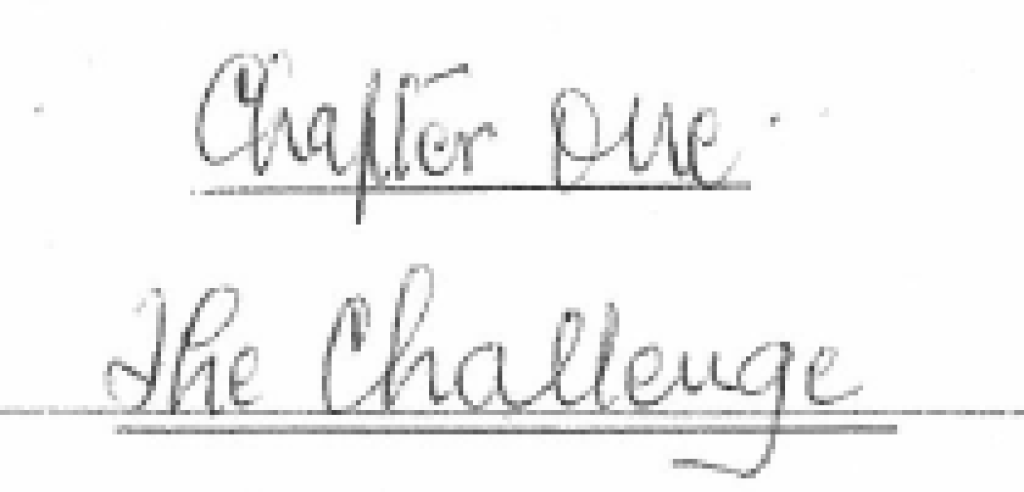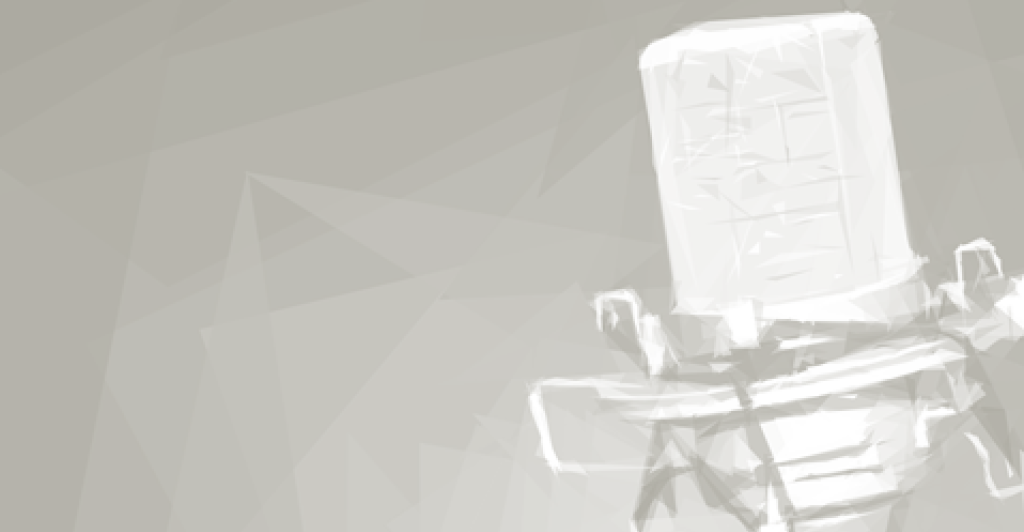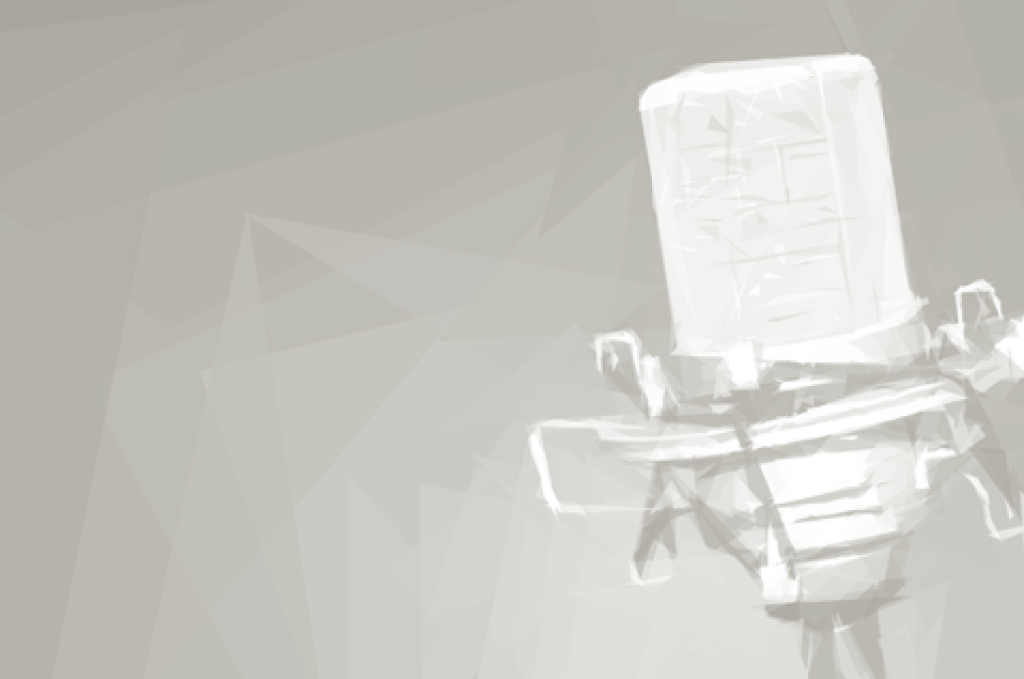The relationship between the president and the judiciary was tested in two in two instances, in both Mandela acted in such a way as to affirm that ‘in the new South Africa there is nobody, not even the President, who is above the law, that the rule of law generally, and in particular, the independence of the judiciary should be respected.’263
The first test came even before the new constitution had been drafted. Running into deadlines for preparations for local government elections, parliament adopted the Transitional Local Government Act before completing it as planned - to compensate for that a clause was included giving the President power to amend the act. Using that power, he transferred control over the membership of local government demarcation committees from provincial to national government. That change would, in particular, have negated the loading of the Western Cape demarcation committee by the province’s National Party premier in order to secure boundaries that kept newly enfranchised African voters from undoing National Party control of a mainly white Cape Town constituency. The provincial government went to the Constitutional Court, submitting that Mandela’s had acted unconstitutionally. The court agreed and gave Parliament a month to rectify the act.


During my presidency, Parliament authorised me to issue two proclamations dealing with the elections in the Western Cape Province. That provincial government took me to the Constitutional Court which overruled me in a unanimous judgement. As soon as I was informed of the judgment, I called a press conference and appealed to the general public to respect the decision of the highest court in the land on constitutional matters.264

Mandela had discussed the court’s judgment with advisers and the Speaker of Parliament.
Early in the morning he called us to a meeting at his house and told us that he had been informed [that the Constitutional Court had ruled against the legislation]. He asked, ‘How long will it take to change?’ and I said, ‘We can reconvene Parliament if necessary’, but even before I could finish he said, ‘But the one thing is this, we must respect the decision of the Constitutional Court, there can be no question of denying or in any way rejecting that.’265

the way he felt accountable to institutions
It was within an hour of the court delivering its judgment that Mandela publicly accepted the ruling and welcomed the fact that it showed that everyone was equal before the law.266 Years later he pointed out with pride and humour that the ruling against him was delivered by his former lawyer, Arthur Chaskalson, whom he had appointed as President of the Constitutional Court.267
He also indicated that Parliament would be reconvened to deal with the matter and that apart from Cape Town, things were on track for the elections.

his attitude to the separation of powers and the rule of law was unflinching

all of us in South African law now we are equal and I welcome that
Preparations for local government elections must continue so that these elections take place as planned. The Court's judgement does not create any crisis whatsoever. I should emphasise that the judgement of the Constitutional Court confirms that our new democracy is taking firm root and that nobody is above the law.268

The other case brought the president himself into court. He had made the 1995 Rugby World Cup in into an iconic moment of nation-building and reconciliation but the euphoric surge of unity and embrace of the future amongst spectators and players left rugby’s administration much as it had been. Two years on, prompted by reports of maladministration, resistance to change and racism in the sport’s governing body, Mandela appointed a commission of inquiry to look into the affairs of the South African Rugby Football Union (SARFU). The commission, appointed after consultation with his sports minister and led by Justice Browde, was necessary, according to a statement from his office:
The cloud hanging over South African Rugby needs to be lifted and the President is confident that the inquiry presents an opportunity to do so, and to dispel any impression that may exist that it is retreating into a laager of racial chauvinism. The President believes that Rugby will meet the challenge of being one of our most celebrated national sports, a sport played and supported by South Africans throughout the country.269

When SARFU’s president, Louis Luyt, applied to the Pretoria High Court to have the president’s action declared unconstitutional the judge summoned Mandela to appear before the court as a witness He agreed to do so. He was not only setting aside legal advice, but also controlling his own feelings – having to testify in court, ‘made his blood boil,’ he told journalists, but he would do it in the interests of justice.270

Mandela is the first South African head of state to have been called to account for his decisions before a court of law.

Judge William de Villiers of the Gauteng High Court subpoenad me to appear before him to justify my decision to appoint a Commission of enquiry into the affairs of the South African Rugby Football Union. Some of my Cabinet colleagues advised me to challenge the subpoena, pointing out that the judge in question was, to say the least, extremely conservative, and that his real aim was to humiliate a black president. My legal advisor as well, Professor Fink Haysom, was equally opposed to my appearance in Court. He argued with skill and persuasion that we had sound legal grounds to challenge the subpoena.
While I did not necessarily challenge any of these views, I felt that at that stage in the transformation of our country, the President had certain obligations to fulfil. I argued that the trial judge was not a final Court of Appeal, and that his decision could be challenged in the Constitutional Court. In a nutshell, I wanted the whole dispute to be resolved solely by the judiciary. This, in my opinion, was another way of promoting respect for law and order and once again, of the courts of the country.
When the judge ruled in SARFU’s favour in the Pretoria High Court, Mandela said he would ‘abide by the decisions of our courts; and that all South Africans should likewise accept their rulings. The independence of the judiciary is one important pillar of our democracy.’272 He reflected further on the matter as he opened the debate on the president’s budget.

As we approach the election period, parties will have to ask themselves some very basic questions.
It is only too easy to stir up the baser feelings that exist in any society, feelings that are enhanced in a society with a history such as ours. Worse still, it is only too easy to do this in a way that undermines our achievements in building national unity and enhancing the legitimacy of our democratic institutions. We need to ask such questions because it is much easier to destroy than to build.
Other recent developments have brought these observations to the fore, and the ease and suddenness with which the old fault-lines of our society can find debilitating expression.
We think, for example, of some aspects concerning the proposed inquiry into the affairs of the South African Rugby Football Union.
I will not comment on the legal proceedings, since there is likely to be an appeal against the judgement. The independence of the judiciary is one of the pillars of our democracy and equally fundamental is the commitment to abide by the decisions of the courts, whether they are in one's favour or not.
I wished by example to support that principle by obeying the summons to appear in court, despite the misgivings of my legal advisors. I appreciate the widespread support I received in this decision, and I take it as a sign of the strength with which the commitment to our constitution is entrenching itself in our nation.
I trust that all those who approved of my doing so will be equally strong in urging others to respect the law at all times.
Nevertheless the concern of my advisors is a real one. We do need to consider the constitutional implications of calling the President to court to defend executive decisions, and what the conditions are under which such an action is consistent with the objectives of our constitution. I hope that our finest legal brains, both in the courts and in the profession, will apply their minds to this question, and that yourselves, too, as constitution-makers, will do the same. ...
By the time the Constitutional Court set aside the Pretoria High Court’s ruling that the president had acted unconstitutionally274, reaction to Louis Luyt’s actions among the public and within rugby had forced his resignation and elicited a decision by SARFU’s executive to send a delegation to apologise to Mandela.275
